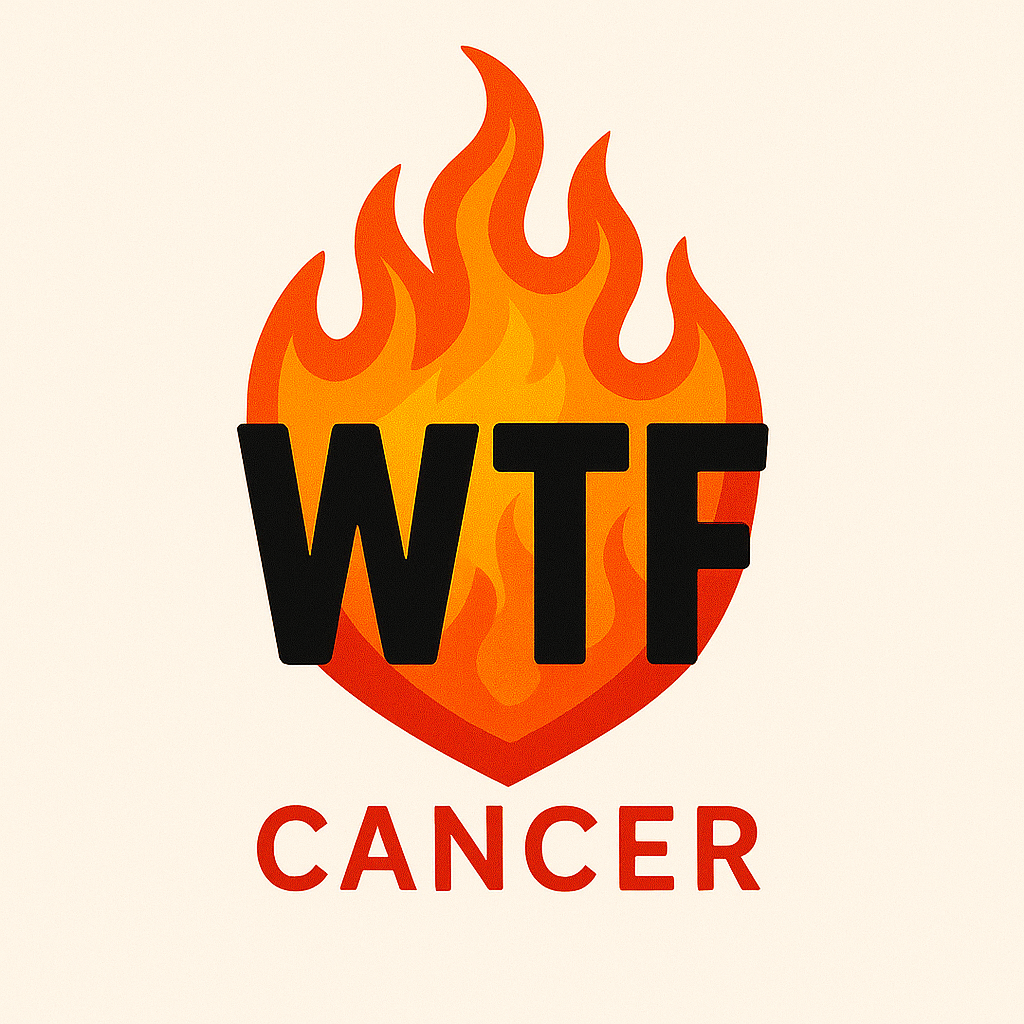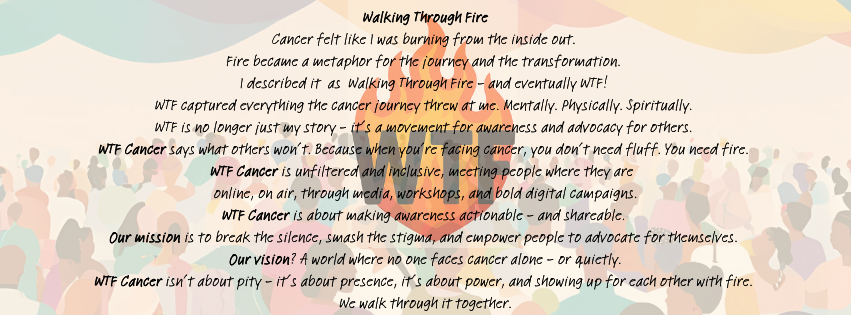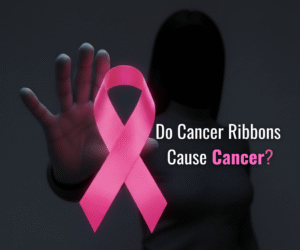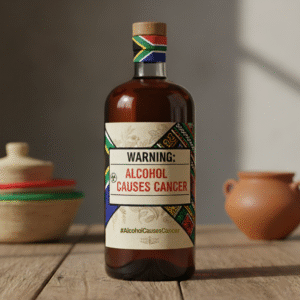What Your Staff Wish You Knew About Cancer

I’ve had people reaching out to me who are in various stages of their cancer journey. Some have just been diagnosed with cancer, some are going through their treatment, some are in remission, and some have just completed their treatment.
They usually reach out because a cancer diagnosis is so overwhelming that people don’t know where to turn. They don’t want to burden their families, they fear discrimination at work, or they are trying to process the magnitude of their diagnosis.
The Emotional Toll of a Cancer Diagnosis
There are so many different stages – and I am very humbled and privileged that so many people have reached out to me just to bounce a couple of ideas around or talk about what’s on their mind. The first question people often ask themselves after a cancer diagnosis is: “What is going to happen to my job?”
Women Facing Cancer: A Silent Struggle
A large number of people who contact me are women. They’re successful, or they work for themselves, or they have children and are the sole breadwinners. They just say, “What am I going to do about my job? I cannot afford to take time off work or tell my clients that I’m sick.”
Radiation: My Personal Experience
I’ll never forget one day I’d gone for radiation. I had five weeks of radiation, five days a week, every day.
When the radiation clinic gives you your time slots, they just generate five weeks of dates and times like an Excel spreadsheet, but a bit more sophisticated. If you want to rearrange your schedule, that’s up to you.
Work Commitments vs. Cancer Treatment
I changed all my dates and times as quickly as possible. One thing to have cancer—another thing to have to be somewhere at 9 o’clock in the morning. I remember one woman rescheduling her sessions just like I did, except she was getting very anxious and distraught because she was doing it around her work. She kept saying, “I’ve got meetings, I’ve got to be available for work,” and I wondered, “Does her work not know that she’s got cancer?”
Possibly not. Or maybe her business couldn’t – or wouldn’t – accommodate her.
Why Workplaces Must Adapt to Cancer
There are so many ways you can accommodate someone who’s facing a cancer diagnosis or going through treatment. But very often, companies don’t – or aren’t aware people are scared they’ll jeopardise their promotion or job if they allow cancer to “become a disruption.”
Introducing the WTF Cancer Project

So, I’m creating a movement on the blog and I’m calling it – wait for it – WTF Cancer.
WTF Cancer is an initiative that gives voice to those silenced by fear, stigma, or discrimination around cancer. I want to use this platform to campaign for:
✓ Early detection
✓ Honest awareness
✓ Practical support
Practical Support for Cancer Recovery
People facing cancer usually already have a concern or else they wouldn’t have gone to see a doctor in the first place, but we need to create support so they can focus on recovery. That allows them to return to work quicker, reclaim their lives, and embrace their future.
The Mental and Physical Drain of Cancer
When I had cancer, I was constantly faced with uncertainty – uncertainty of results, treatments, and outcomes. It was disorientating. Yet, people still have to work. They’ve got to focus all their energy on pleasing a boss, satisfying a client, and keeping colleagues happy before they even focus on themselves.
A Call to Action: Support Employees With Cancer
If you’re listening to this radio show—or the podcast on Spotify—and you can support someone with cancer, especially in the workplace, please do so.
And if you’re the one going through cancer, please don’t be shy to raise your hand and say, “I need support.”
Many can’t talk about what they’re going through. Many fear discrimination.
Redefining Advocacy in the Workplace
My approach with WTF Cancer is to raise awareness. I want to partner with:
✓ Brands
✓ Employers
✓ Media platforms
To promote early detection, prevention, and organisational support for employees facing cancer.
It’s More Than Just Sick Leave
HR might say, “We’ve got sick leave.” Or, “Take unpaid leave.”
But cancer is more than that. Radiation might be five weeks. Delays happen. Then you reschedule – and work your treatment around your job.
Empowerment Begins With Recovery
WTF Cancer’s main goal is to empower survivors to reintegrate into life and work with dignity.
Shifting Cancer Culture from Fear to Support
My goal is to transform cancer culture from being a private fear to a community support system. A culture where people don’t have to worry about losing their jobs, their income, or their identity because of a medical crisis.
The Energy Required to Heal
I can’t express how much energy it takes to recover. Whether it’s chemo, radiation, getting out of bed, eating healthily, exercising, meditating… it’s exhausting.
And many people don’t understand that.
They dismiss it as an excuse or inconvenience.
10 Ways Companies Can Support Employees With Cancer
It’s not just the right thing, it’s the smart thing.
People Are Watching How You Treat Others
✓ Flexible working hours
✓ Remote work options
✓ Designated HR support
✓ Extended paid medical leave
✓ Adapted workloads without penalising performance
✓ Regular, compassionate communication
✓ Mental health support or counselling
✓ Private medical aid contributions
✓ Paid time off for medical appointments
✓ Reintegration planning after treatment
When you treat people with empathy, you don’t just help them, you send a message to everyone else in your organisation because your team sees how you handle it, and they learn how they will be treated.
If You’re in HR or Leadership, Let’s Talk
If you’re in HR, wellness, or a leadership role and want to:
✓ Review your workplace policies
✓ Train your managers and staff
✓ Foster a more supportive work culture
Please contact me. I’ve lived through cancer. I know what it’s like.
Let’s Create a World Where No One Faces Cancer Alone!



